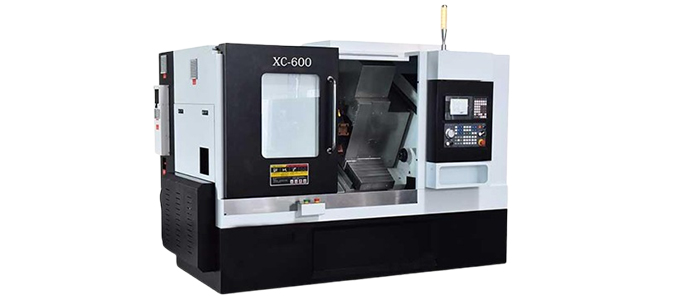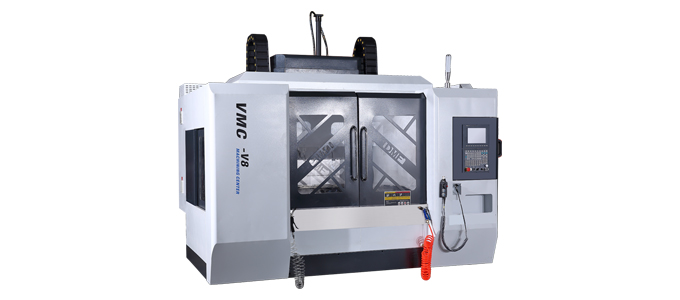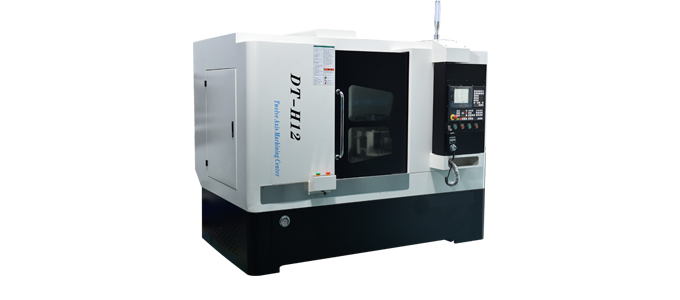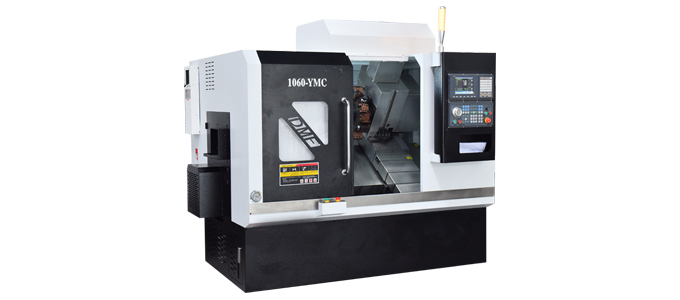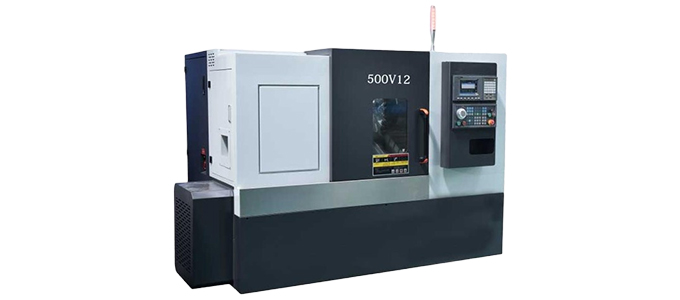CNC systems are integral to precision manufacturing, providing the control and accuracy needed to produce high-quality plumbing components such as faucets, shower heads, shower columns, toilet flush valves, and hardware angle valves. These components require exact machining to ensure they fit and function correctly, and CNC systems are well-equipped to meet these demands.
CNC systems control the movements of machining tools, allowing for precise control over the machining process. This level of control is particularly beneficial for manufacturing components that require intricate designs and exact specifications. For example, faucets and shower heads often feature complex shapes that can be challenging to produce with traditional machining methods. CNC systems enable manufacturers to produce these components with high precision, ensuring they meet the aesthetic and functional requirements of modern consumers.
In addition to their precision, CNC systems offer significant efficiency benefits. Automated CNC systems can operate continuously without the need for human intervention, increasing productivity and reducing labor costs. This is particularly advantageous for the plumbing industry, where large quantities of components are often required. Automated CNC systems can produce these components quickly and efficiently, ensuring a steady supply to meet demand.
CNC systems also play a crucial role in quality control. The precision of CNC machining ensures that each part is manufactured to exact tolerances, reducing the risk of defects and ensuring consistent quality. This is particularly important for components like toilet flush valves and hardware angle valves, which must meet stringent quality standards to ensure reliability and longevity. The consistency offered by CNC systems means that every part produced meets the same high standards, enhancing the overall reliability of plumbing systems.
The role of CNC systems in the manufacturing of plumbing components extends beyond just the machining process. CNC systems also facilitate the design and prototyping of new products. Advanced software tools allow manufacturers to create detailed digital models of components, which can be tested and refined before production begins. This capability reduces the time and cost associated with developing new products, allowing manufacturers to bring innovative solutions to market more quickly.
CNC system manufacturers continuously innovate to improve the capabilities of their products. They develop new features and technologies that enhance the performance and efficiency of CNC systems. For example, some modern CNC systems are equipped with real-time monitoring and feedback capabilities, allowing for more precise control over the machining process. These advancements enable manufacturers to achieve higher levels of precision and efficiency, further improving the quality and reliability of their products.
In conclusion, CNC systems are essential for precision manufacturing in the plumbing industry. Their ability to provide precise control over the machining process ensures that components such as faucets, shower heads, shower columns, toilet flush valves, and hardware angle valves are produced to the highest standards of quality and reliability. The continuous innovation in CNC system technology promises even greater capabilities, ensuring that manufacturers can meet the evolving demands of the plumbing industry. As a result, CNC systems will continue to play a vital role in the production of high-quality plumbing components.


